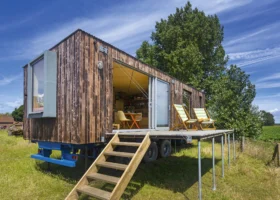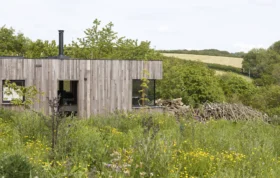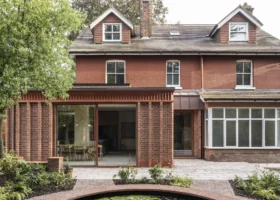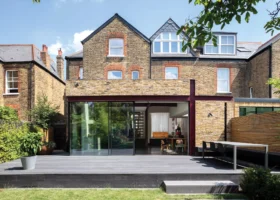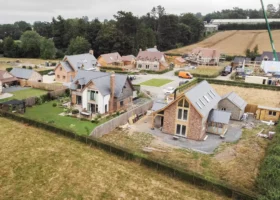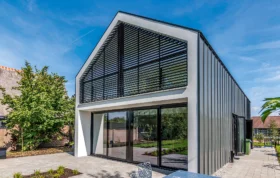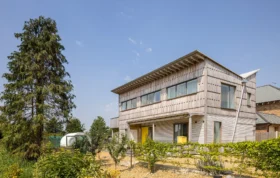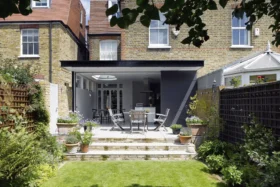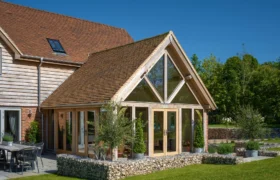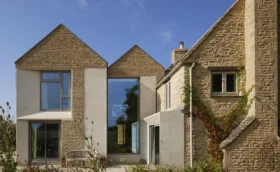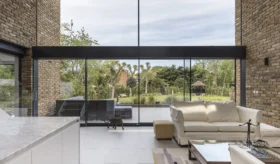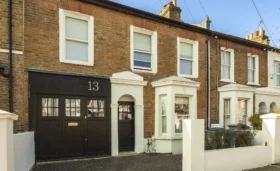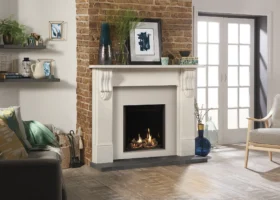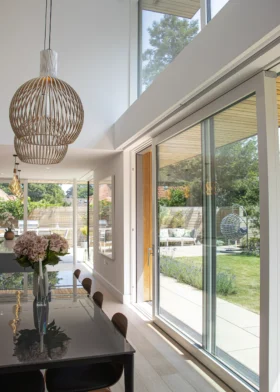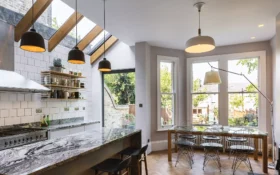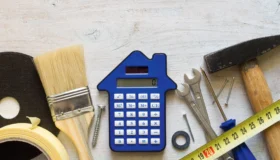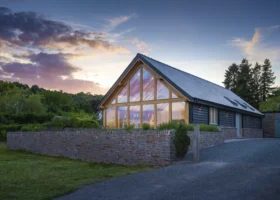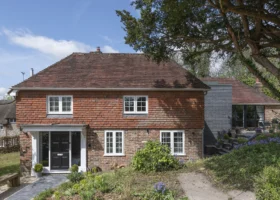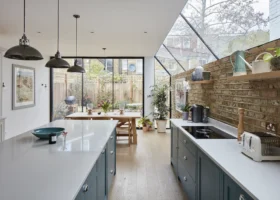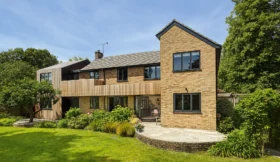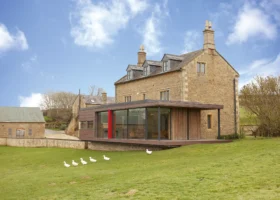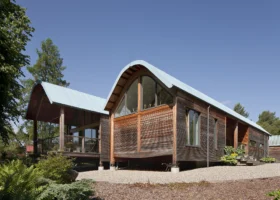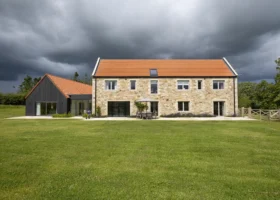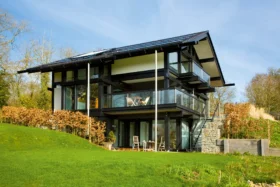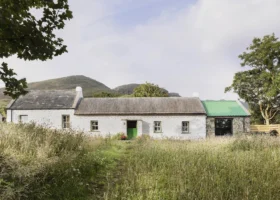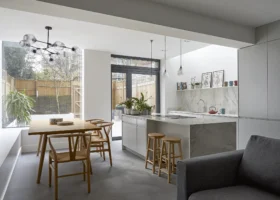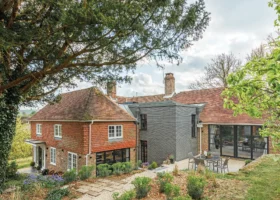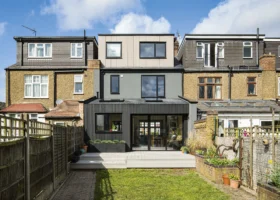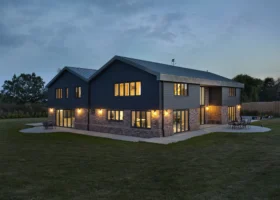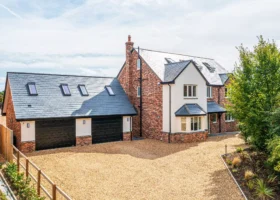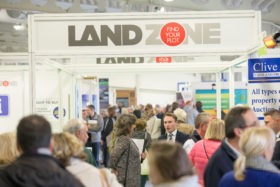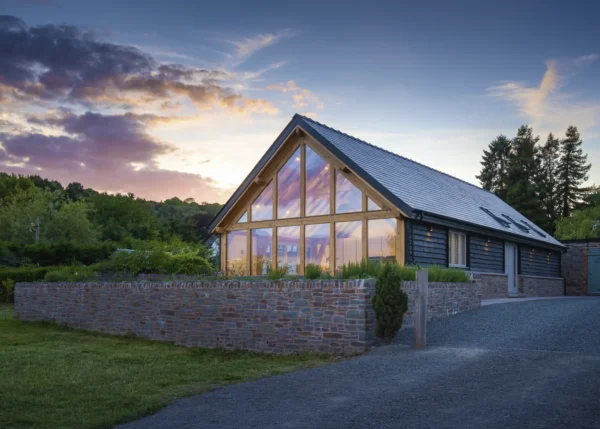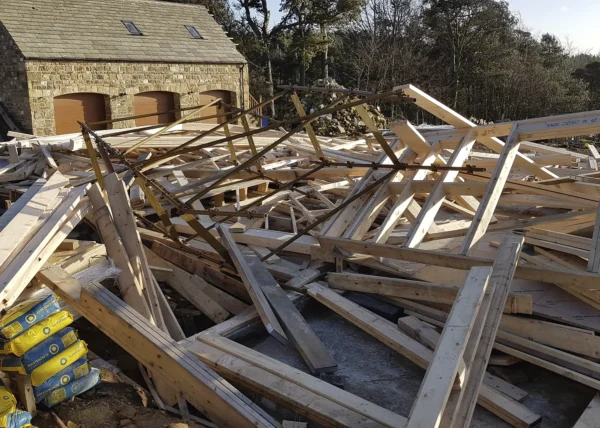Q&As
How can I minimise capital gains tax on a self build project?
This may well be a question for the “Ask the Experts” section of the magazine.
Presently I am looking to purchase a plot of land in Scotland with the intention of building a house there to ultimately sell on. When it comes to the selling the house my obvious aim will be to maximise any potential profits / gains there and my question is twofold:
Being a family of four with two married adults and two children under the age of 16 years would it be advisable to put any such plot purchase into the names of all four family members to minimise any capital gains tax if sold straight away?
Secondly, how long would I have to have the house as my main residence and living there for it to be exempt from Capital Gains Tax – irrespective of who evers names were on the title deeds?
Many thanks in advance for any responses.
Answers
Firstly, I would recommend that you seek professional advice on this from a tax advisor.
I am an accountant rather than a tax expert, so I’m not fully qualified to answer this, but might be able to steer you in the right direction so that you know what questions to ask of a tax professional.
As your children are minors, I believe that you will be taxed on their capital gain if their gain arises out of assets settled on them by yourself. So unless they have purchased their share in the house/land/build costs from funds arising from someone other than you or your wife, any gain will be taxed as yours/your wife’s.
If you plan to sell the house without living in it, then it is likely to be more tax efficient holding the house in both your names, so that you can both benefit from the annual CGT exemption (currently £10,900). You also need to take into consideration your tax band – if you are a 50% tax payer and your wife is currently paying no tax, then depending on the expected gain, it may be more tax efficient to hold the asset in your wife’s name.
All of these tax questions go away if the property is your principle private residence (PPR) when you sell it. PPR’s are not subject to capital gains tax. However, if you buy a property in order to make a gain on it, you will not qualify for private residence relief.
The link below sets out the qualifying rules:
http://www.hmrc.gov.uk/cgt/property/sell-own-home.htm
This link is for the HMRC helpsheet:
http://www.hmrc.gov.uk/helpsheets/hs283.pdf
I hope this helps. Tax is hugely complex, so please seek proper advice before making a decision!
The answer to the first part of your question, in respect of the option of putting the plot purchase into to the names of your children to minimise Capital Gains Tax (CGT) if sold straight away, is twofold. Firstly, your children can’t own property until they are over 18. However, you could put the plot into the names of the your older children. This would in effect be a “gift” from you to them and has the potential to be subject to Inheritance Tax.
Here are the two key Inheritance Tax rules with regard to gifts:
1) If someone gives you a gift and they do not survive for seven years after making the gift, you would only be liable to pay Inheritance Tax on that gift if the value of the estate – including the gift – is over the Inheritance Tax threshold (£325,000 in 2013-14 tax year) and there is not enough money in the estate to pay the Inheritance Tax.
2) However, if all the gifts made by that person during the seven years before they died add up to more than the Inheritance Tax threshold (£325,000 in 2013-14 tax year) – just the gifts themselves not the rest of the estate – Inheritance Tax will be due on all of the gifts that brought the total above the threshold.
In addition, when the property is sold your children would liable to the Capital Gains Tax unless the property was their own main residence. A holiday home, or second home would also attract Capital Gains Tax despite it being a gifted. It may be better to keep the plot in your name, and if so it would be best held in joint names of your and your spouse to minimise CGT.
You should speak with a tax specialist who will be able to advise on your individual circumstances and tax brackets, etc.
Now let’s turn to the second part of your question, which was how long would you have to have the house as your main residence for it to be exempt from Capital Gains Tax. The answer to this is there is no stipulation on length of time that you have to live in the property to be exempt from Capital Gains Tax. If the property is (and is proven) to be your main residence then you are exempt – if it’s not then you are subject to the usual tax rules!
Rachel Pyne, director of financial services, BuildStore


